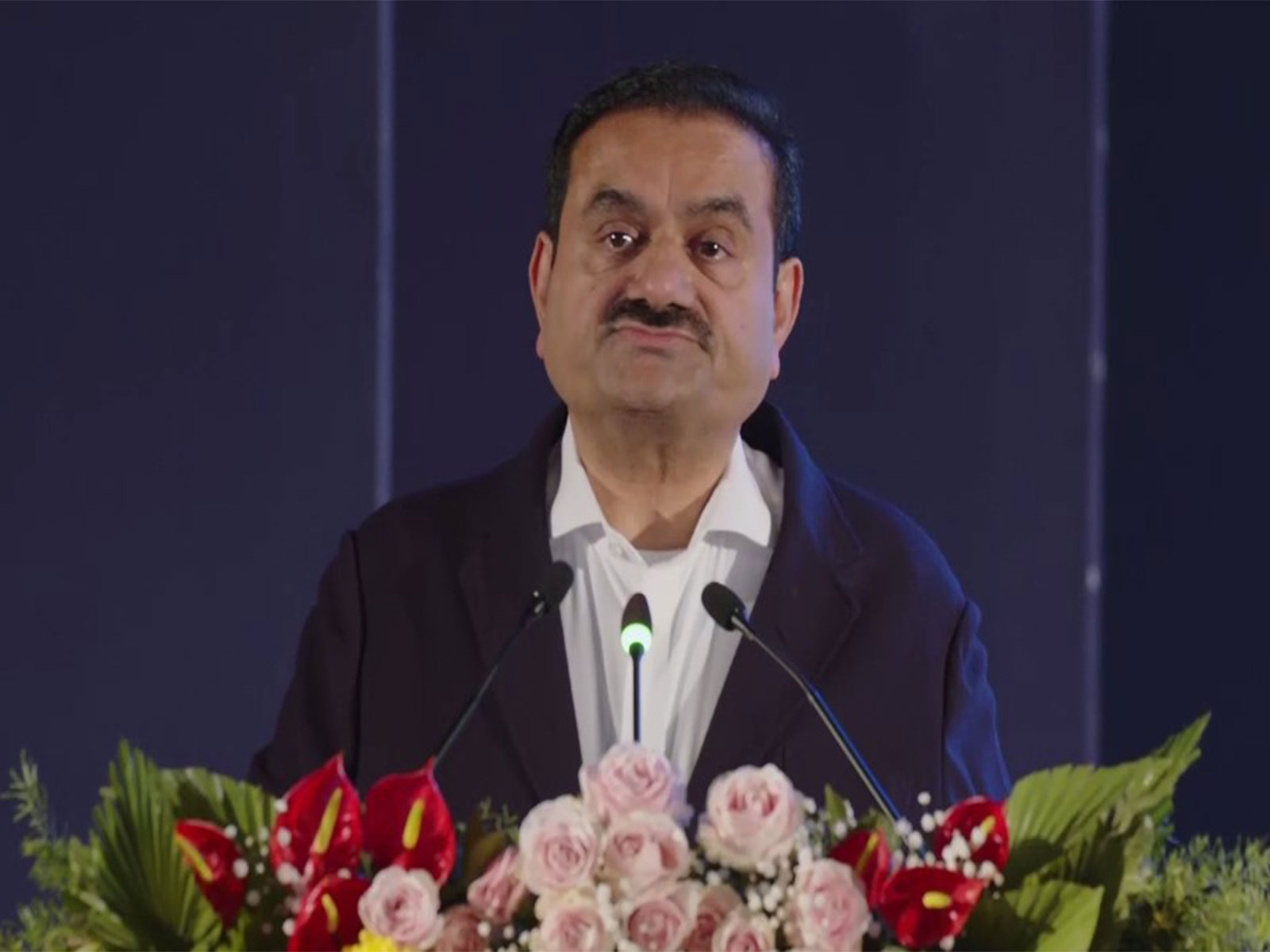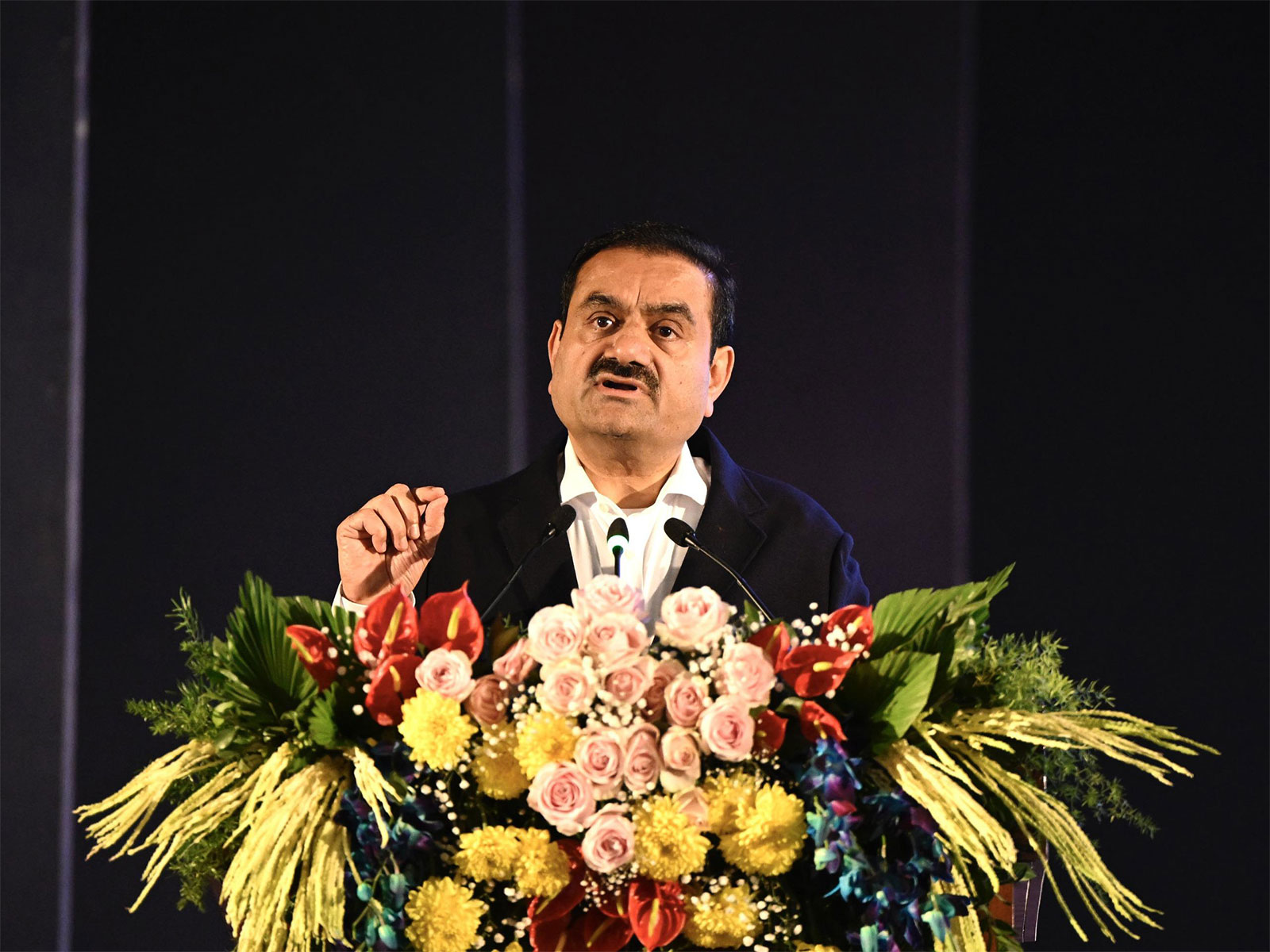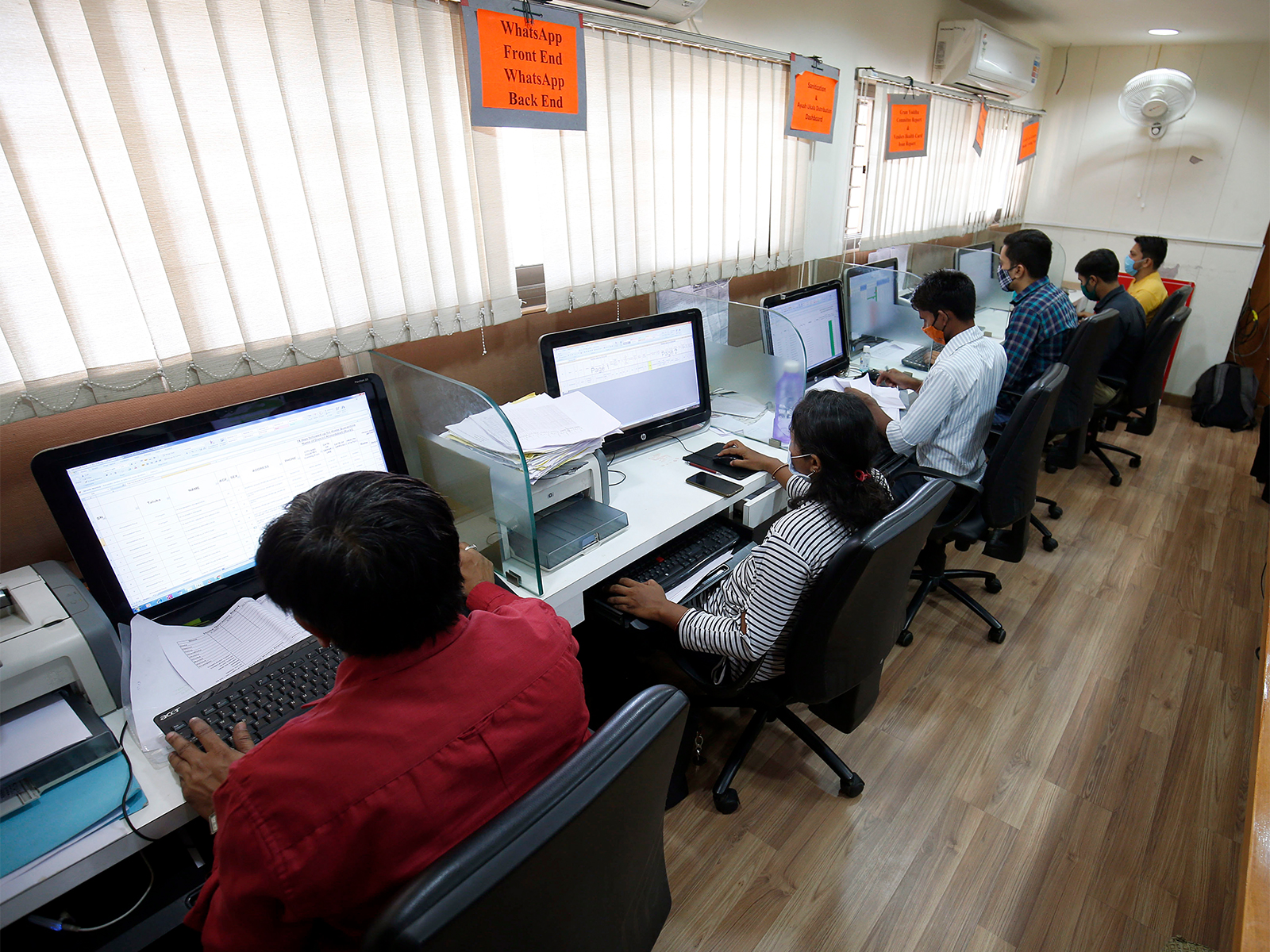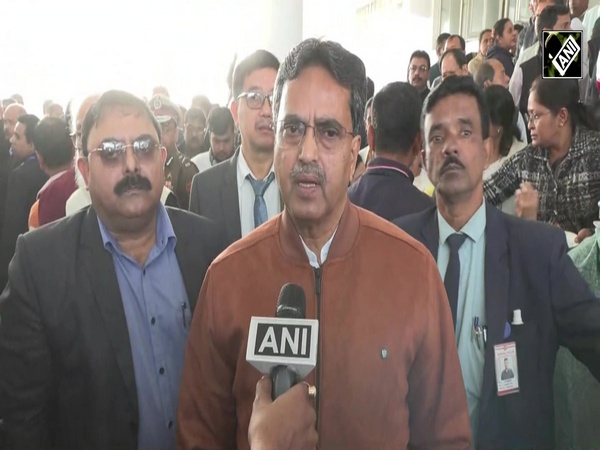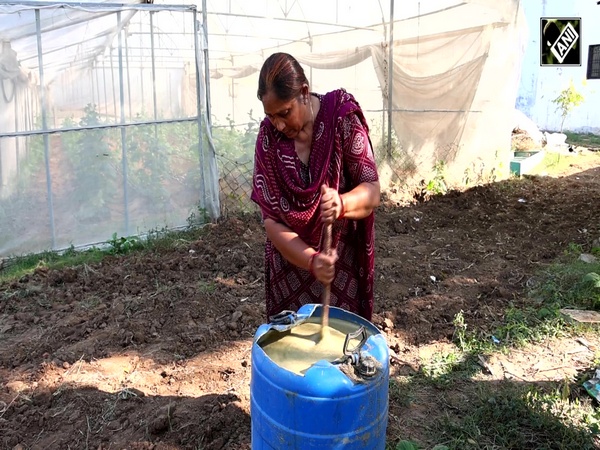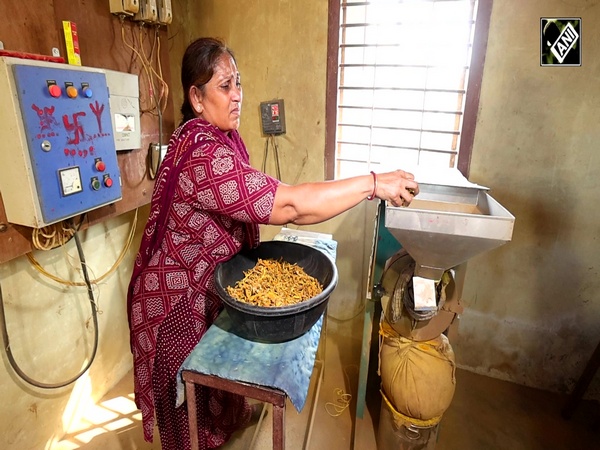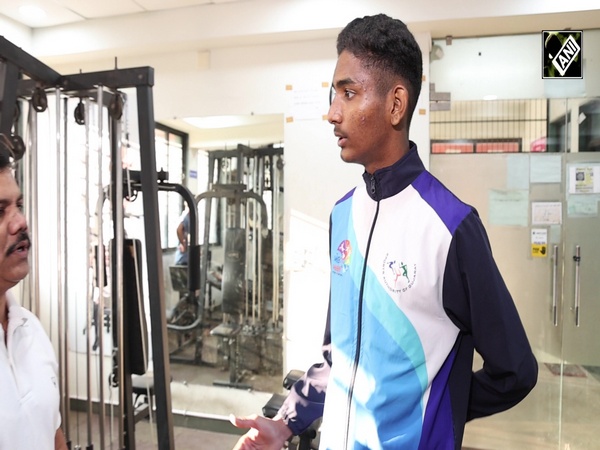Chef Vikas Chawla introduces the first millet intensive restaurant of North India
Jul 19, 2023

SRV Media
New Delhi [India], July 19: Amid 2023 being declared the Year of Millets by the United Nations, Chef Vikas Chawla launched the first millet intensive restaurant of North India, namely Jhumroo. Based out of Chandigarh, the restaurant is Chef Vikas Chawla's way of reintroducing this traditional grain to modern tables. After serving for 15 years in the industry, he started his own company by the name, Core Hospitality Solutions in 2011 and consulted and partnered with various restaurants, cafes, sweet shops, bakeries, resorts and highway joints and created out-of-the-box menus along with modern state-of-art kitchens.
"I personally made the switch to millets almost two decades ago. And I feel I should have done it much earlier. Wheat & rice are not our grains. If you look at the history of India, our traditional foods were bajra, jowar and ragi - all millets," insists Chef Vikas, a passionate chef and consultant to the hospitality industry with an extensive experience of 25 years.
Chef Chawla says it is time to make the healthier switch to millets as the grain of choice, not only for human health but also for the health of the environment. "Growing millet does not require many fertilizers and pesticides and machinery equipment. It is very easy to handle in-store as compared to other cereals like wheat and rice as they have the ability to preserve themselves for 10-12 years. In our country, 30-40 percent of the food that is grown is wasted due to storage and weather conditions. Millets will help reduce that level," he says.
There's more history to millets than we realise. Yajurveda refers to foxtail and barnyard - dating millet consumption to before the Indian Bronze Age (4500 BC). And it is with good reason that millets will be the food of the future. Millet is sustainable for the environment and the farmers who grow it. It does not require any fertilizers, pesticides and machinery. Millets are easy to store as compared to other cereals as they have the ability to preserve themselves for 10-12 years. India faces 30-40 percent food wastage due to storage and weather conditions. Millet agriculture is, therefore, 'conscious agriculture'.
Barnyard millet, foxtail millet, kodo millet, little millet, and brown top millet can be cooked into pulao, Khichadi, sweet porridge, biryani, upma, salads, kheer etc. Millet flour from finger millet, pearl millet and sorghum can be prepared like chapatis, paranthas, pancakes, cakes, biscuits, smoothies, etc. Millets have several health benefits that give them a distinct edge over other grains such as wheat and rice.
Consuming ancestral foods like millet has several health benefits. These are free from modern-day processing and refining methods that help them retain their natural nutrients. A diet based on ancestral foods may help prevent future generations' hormonal changes and improve overall health.
"In India, the Green Revolution eliminated food diversity and reduced the importance of millets in our farms and plates. That needs to change. Millets are the way to be healthy humans living on a healthy plane." says Chef Vikas.
Walking his talk, Chef Chawla has ensured that the menu at Jhumroo is inspired by the regional cuisine and street food of India. So, there will be chaat (all made using millets - including papdi made out of ragi for the first time!), pakodas (including those made out of jowar), and aloo tikkis for starters. The main course menu also features the famed Jammu style poori, Moradabadi Dal with Ragi Mathri, Litti Chokha, Jammu Rajma Chawal, Bajra Mooli Paranthas, Barnyard Millet Khichadi and lots more. Chef Vikas Chawla also pays ode to the delicious cuisine of South India with Pongal, Ragi special dosa, and a special sweet Vada that is soon going to become the USP. The dessert spread has Gurhwali Jalebi, Gulab Jamun and a never-made-before ragi barfi that is only available at Jhumroo.
"It is significant to note that no vegetable oil or artificial fats are used to cook the food at Jhumroo. As far as possible, we also only use jaggery, millets and lots of love to prepare the unusual desserts here," reveals Chef Vikas Chawla.
Millets are naturally gluten-free, making them a great alternative for people with gluten sensitivity or celiac disease. Eliminating gluten from the diet can help reduce inflammation in the gut, improve nutrient absorption, and alleviate symptoms such as bloating, abdominal pain, and diarrhoea. This may help lower the risk of heart disease, diabetes, and certain types of cancer.
Millets are rich in fiber, protein, vitamins, and minerals. Each variety of millet is a rich source of a different type of soluble fiber, which provides additional benefits beyond promoting digestive health. The soluble fiber in all millets has been linked to lowering cholesterol levels, detoxifying the organs, improving lung health, promoting anti-cancer activities and controlling blood sugar levels.
Millets have a GI score of 55 or less, and can improve insulin sensitivity, reduce the risk of type 2 diabetes, and promote a feeling of fullness for longer, which aids in weight management.
Throughout history, millet has been a vital crop due to its versatility and resilience. Its ability to grow in diverse environments, including poor soil conditions and drought-prone regions, has made it an essential staple in areas where other crops struggle to thrive.
By diversifying our diets and supporting local farmers who grow millets, we can create a more sustainable and equitable food system that benefits both people and the planet.
(Disclaimer: The above press release has been provided by SRV Media. ANI will not be responsible in any way for the content of the same)
